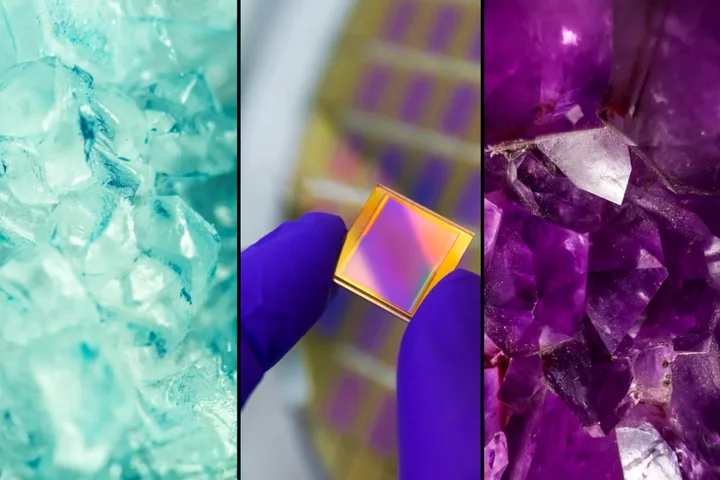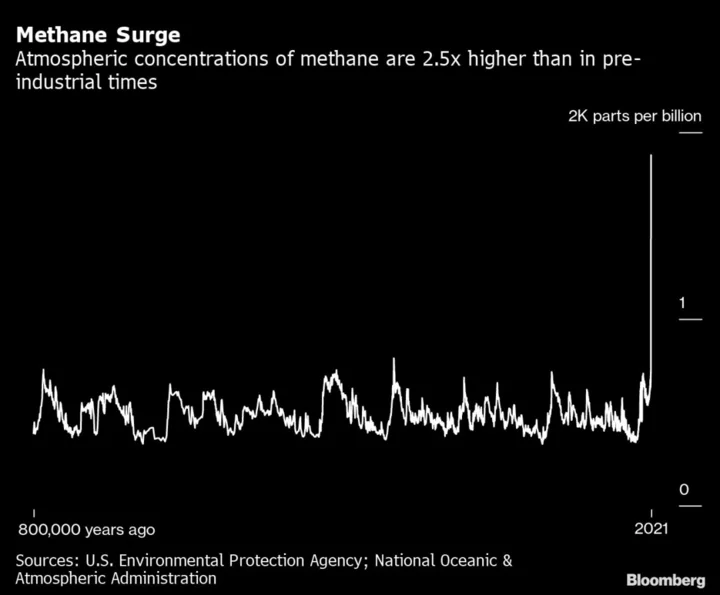Google’s leading AI division DeepMind claims to have unlocked “800 years’ worth of knowledge” after discovering 2.2 million new crystals.
The materials found through the research could be used to transform industries, DeepMind said, while simultaneously opening up brand new avenues for making future discoveries.
Of the 2.2 million crystals, roughly 380,000 of them are reportedly stable enough for developing next-generation technologies, ranging from better electric car batteries to superconductors for ultra-efficient computers.
In order to discover the crystals, DeepMind developed a state-of-the-art neural network tool called GNoME (Graph Networks for Materials Exploration).
DeepMind researchers Amil Merchant and Ekin Dogus Cubuk wrote in a blog post that using GNoME bypassed centuries of “painstaking experimentation” that would have been required to discover the new materials.
“With GNoME, we’ve multiplied the number of technologically viable materials known to humanity,” the researchers wrote.
“GNoME shows the potential of using AI to discover and develop new materials at scale... We hope that GNoME and other AI tools can help revolutionise materials discovery today and shape the future of the field.”
External researchers tested DeepMind’s breakthrough by independently creating 736 of the new materials discovered by GNoME.
“Among these candidates are materials that have the potential to develop future transformative technologies ranging from superconductors, powering supercomputers, and next-generation batteries to boost the efficiency of electric vehicles,” the blog post stated.
The research was detailed in a study, titled ‘Scaling deep learning for materials discovery, published in the journal Nature.
The researchers behind the new tool said it can “reach unprecedented levels of generalisation, improving the efficiency of materials discovery by an order of magnitude”.
Others uninvolved in the research described GNoME as the “ChatGPT for chemistry”, referring to the hugely popular artificial intelligence chatbot released exactly one year ago.
“Scientific discovery is the next frontier for AI,” said Carla Gomes, co-director of the Cornell University AI for Science Institute, who was not involved in the research. “That’s why I find this so exciting.”
Read More10 ways AI will change the world – from curing cancer to wiping out humanity
Astronomers find unprecedented ‘disc’ around distant planet
How AI is about to change our relationship with phones forever
When and where to watch Tesla’s highly anticipated Cybertruck delivery event









